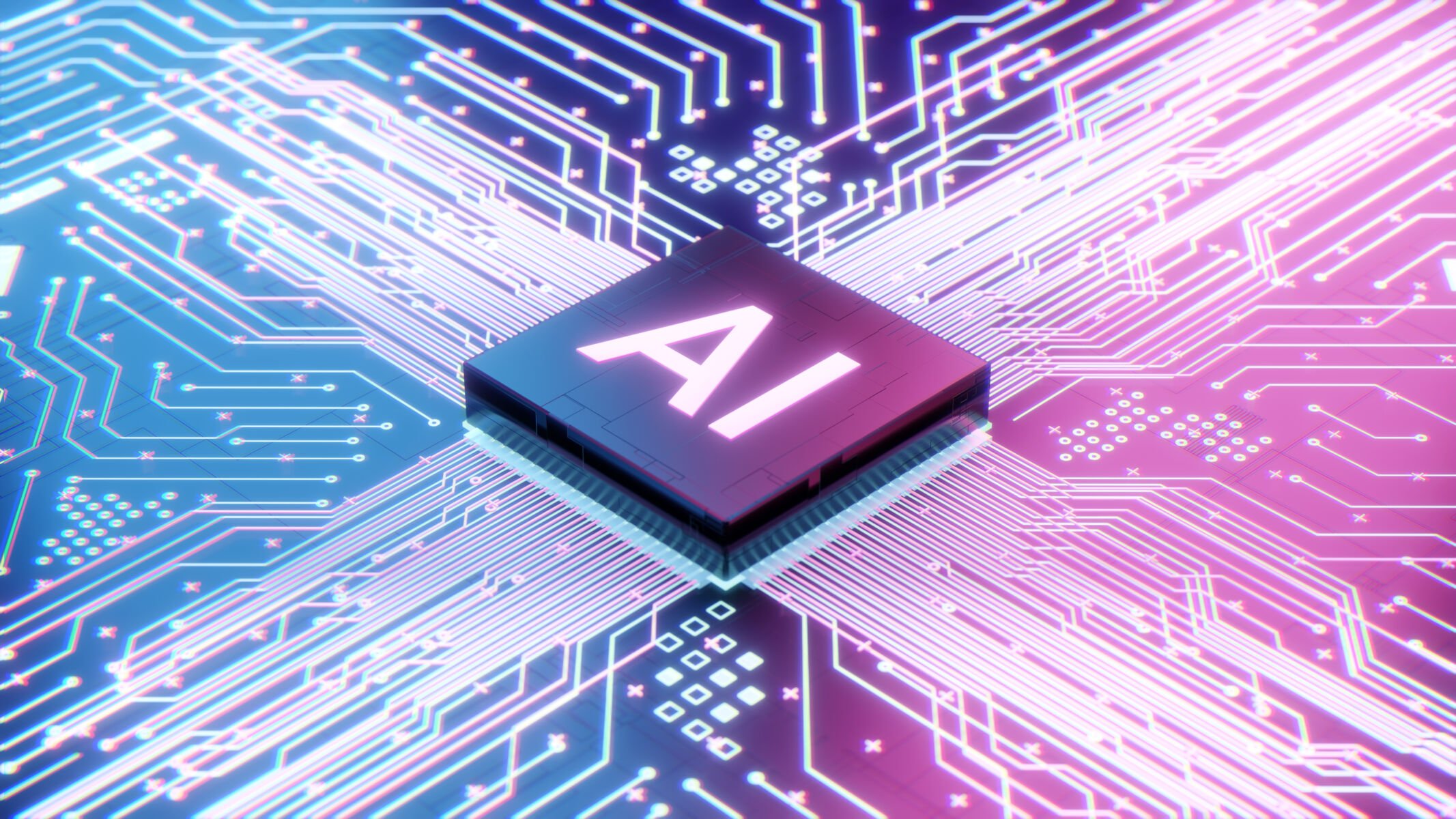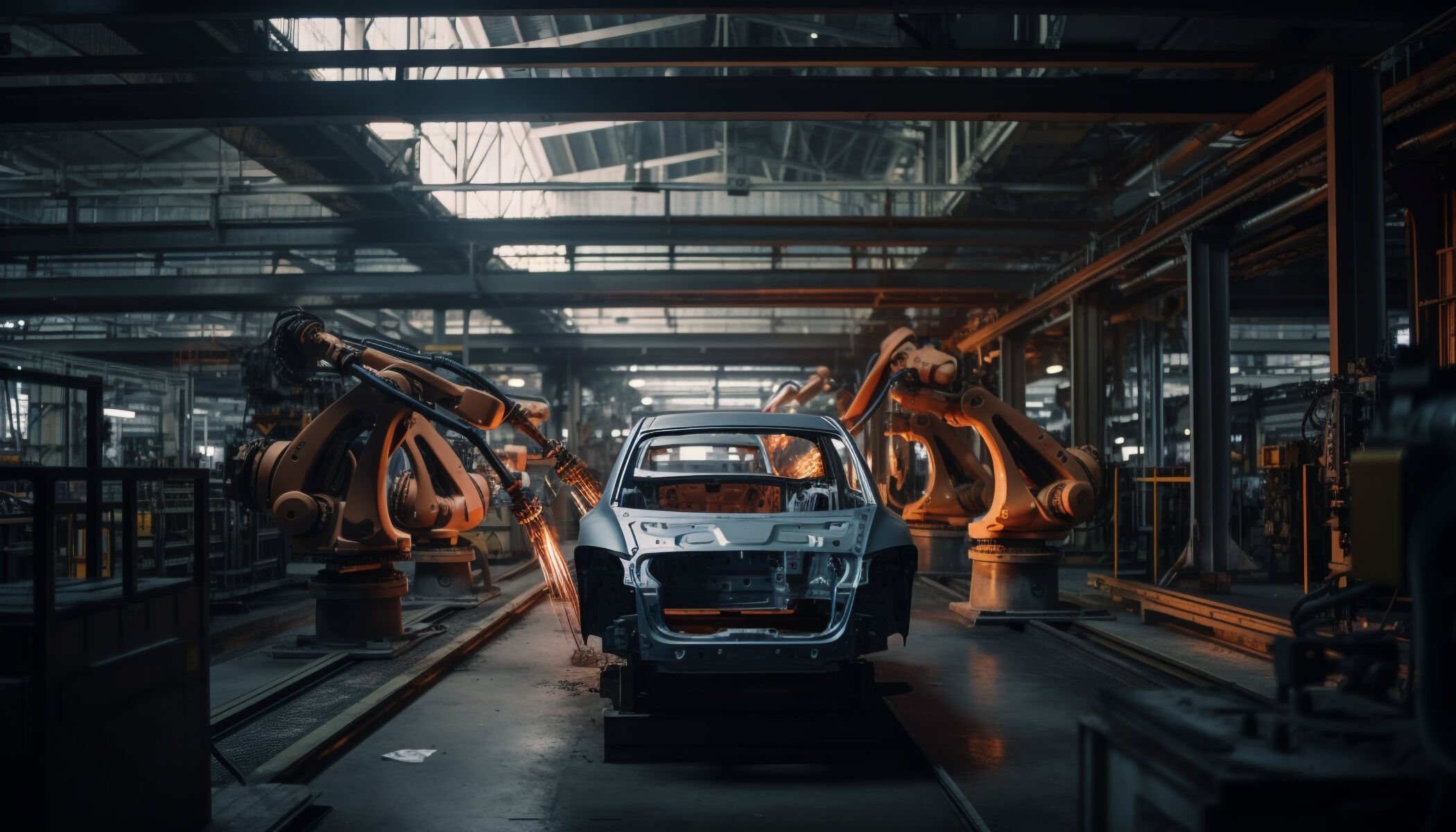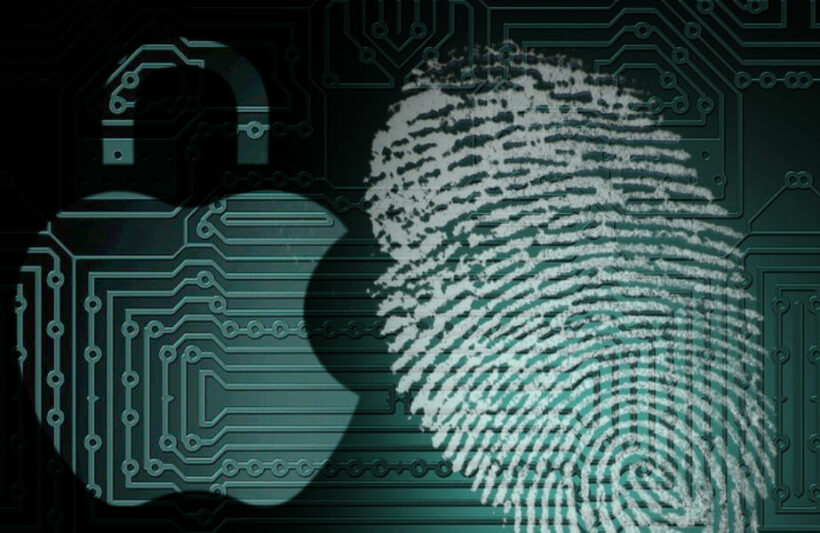AI and automation: How tech is reshaping the workforce

Technological advancements are revolutionising the workforce, altering job roles and increasing productivity across various sectors. Innovations like artificial intelligence and automation are redefining the future of employment. The Bureau of Labor Statistics has documented a significant shift in the workforce due to these emerging technologies.
McKinsey’s detailed report highlights automation’s role in streamlining processes, boosting efficiency, and creating new job opportunities. Meanwhile, MIT researchers emphasise AI’s impact on transforming the workforce and ushering in a new era of business efficiency. This article explores how AI and automation are reshaping workplace practices, backed by expert insights and data.

The Rise of AI and Automation in the Workplace
Technology’s evolution has made AI and automation essential in today’s workplaces. These innovations change task completion and boost efficiency and productivity. Both large corporations and small businesses are adopting these technologies to remain competitive in the fast-paced market.
AI-Powered Tools Improving Efficiency
AI tools lead in enhancing daily task efficiency. Platforms like Microsoft Cortana and Google’s AI Assistant help manage schedules, prioritise tasks, and improve communication. A Forbes article notes that AI in email management can save employees hours weekly, allowing them to focus on strategic tasks.
AI also aids in data analysis, providing actionable insights. Companies like IBM and Salesforce use AI analytics to make quicker, more accurate decisions. This leads to better process optimisation across various sectors, reducing human error and improving work quality.

Automation Streamlining Processes
Automation software is transforming traditional business methods by automating repetitive tasks. In manufacturing, robotics handle assembly, quality control, and packaging with precision and efficiency. This accelerates production and reduces error risks.
Studies on automation success show notable improvements in workflow and cost savings. For instance, Amazon’s use of Kiva robots in warehouses has significantly reduced product picking and shipping times. This demonstrates automation’s potential to enhance workplace efficiency.
The integration of AI and automation is revolutionising workplaces. Both employees and employers see benefits as these technologies optimise processes. This makes workflows smoother and reduces operational bottlenecks. As innovation continues, the impact of AI and automation on the future workplace will grow.
Impact on Employment and Job Creation
The rapid adoption of AI and automation technologies has significantly altered employment trends across different sectors. While these advancements boost efficiency, they also raise concerns about job displacement. Traditional roles in manufacturing, clerical work, and even some service industries are increasingly automated. This poses significant challenges to the existing workforce.
Displacement of Traditional Jobs
Automation is not only changing how tasks are executed but also significantly impacting traditional jobs. For example, the manufacturing sector has seen a decline in manual labour roles due to the integration of robotic technologies. A report by the World Economic Forum suggests that millions of jobs could be displaced by automation by 2025. This shift requires a strategic approach to workforce development to ensure employees are reskilled and prepared for the evolving job market.

Emergence of New Job Roles
On the other hand, the digital economy is fostering the creation of new job roles that align with technological advancements. Positions such as data analysts, AI specialists, and cybersecurity experts are on the rise, reflecting current employment trends. Gartner forecasts that by 2030, new job roles connected to AI and machine learning will surge. This presents substantial career opportunities for those equipped with the relevant skills. Adaptation and continuous learning are thus crucial for workforce development in this changing landscape.
The Role of VPN Technology in the Modern Workforce
The rise of remote work has made VPNs crucial for secure network access. Remote workers need strong protection for their data access. Services like PlanetVPN are key, providing encrypted connections that boost data security.

Ensuring Secure Remote Work
VPNs are vital for remote work security. They establish a secure link between the worker’s device and the company network. This makes it hard for hackers to intercept and decode data. With growing cyber threats, VPNs are essential for good cybersecurity. They help businesses protect privacy and build trust with clients.
Enhancing Privacy and Data Protection
VPNs also play a big role in privacy and data protection. They help companies meet strict data privacy laws by encrypting data. This prevents unauthorised access. Cybersecurity experts stress the need for VPNs to keep sensitive information safe.

Exploring the realm of technological innovation reveals how AI and automation are reshaping the workplace. These innovations promise greater efficiency and streamlined processes. Yet, they also introduce significant changes to the employment landscape. The reality of job displacement is undeniable, yet new roles are emerging. This shift demands a proactive stance from both businesses and employees.
Adapting to automation is now essential, not optional. Companies must invest in training and development to prepare their workforce for the future. Employees, in turn, must commit to continuous learning and upskilling. This ensures they remain competitive in a rapidly changing job market. Embracing these changes through personal and professional growth is key.
In this digital age, securing remote work is critical. As more businesses adopt flexible work models, robust security measures like VPNs are vital. They protect digital workflows and sensitive data. Companies can safeguard their operations and data by prioritising secure remote work practices. This synergy between technological innovation and a skilled, secure workforce will be pivotal to our future success.
Latest Thailand News
Follow The Thaiger on Google News:

























